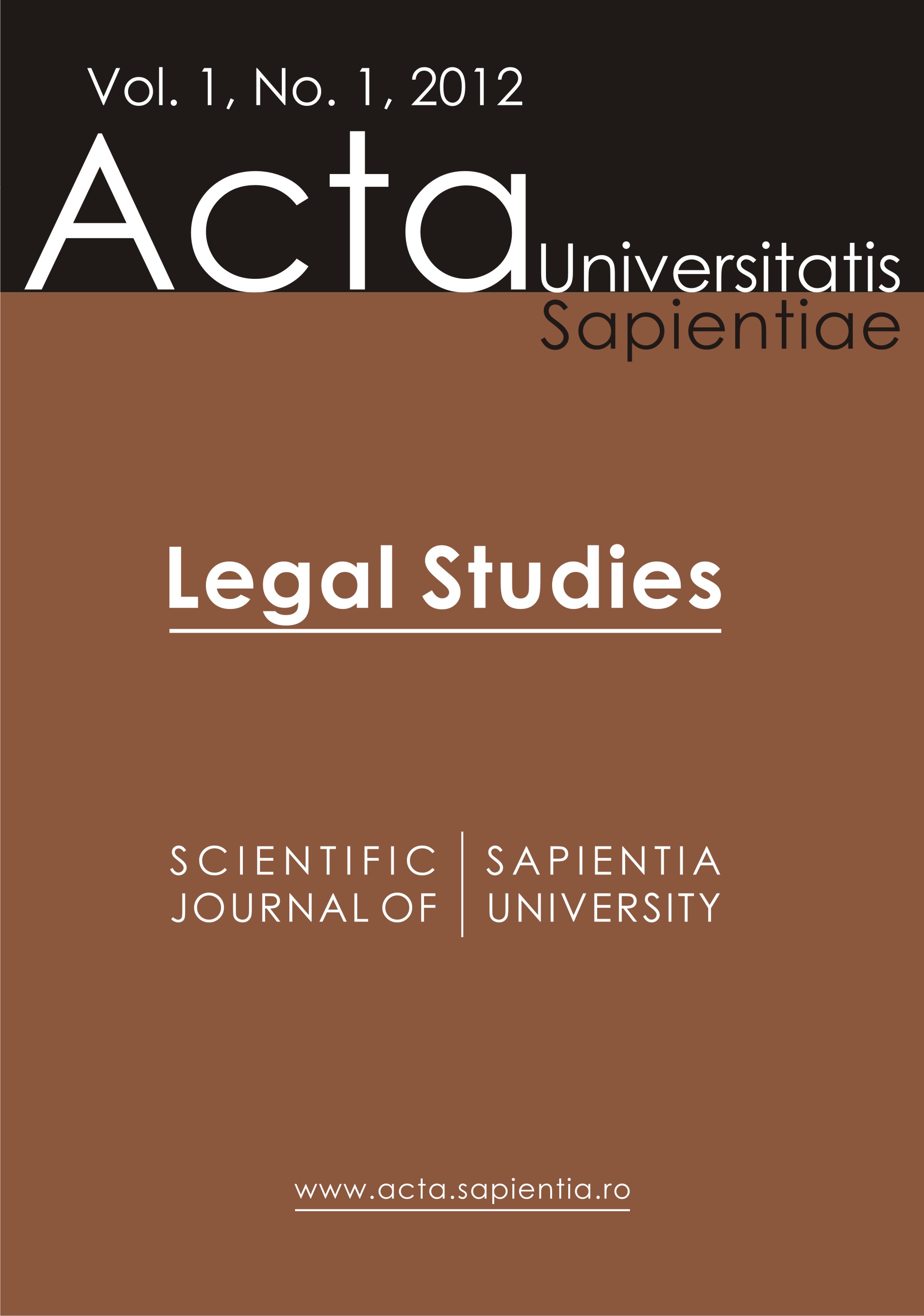Models of Constitutional Courts?
Models of Constitutional Courts?
Author(s): Csaba CSERVÁKSubject(s): Law, Constitution, Jurisprudence, Constitutional Law, International Law
Published by: Scientia Kiadó
Keywords: Hungarian public administration, ombudsman system; constitutional court; constitution; models of constitutional courts
Summary/Abstract: In international comparison, two basic constitutional models are known. In one of the models, the traditional courts – headed by the Supreme Court of the State – compare the individual legal norms with the standards of the constitution, and ultimately overrule the statute in concern. The decentralized constitutional courts deal with the tasks of the traditional jurisdictional litigation, investigation of international treaties, the dignitaries’ special impeachment, or the election of arbitration. But most important is to emphasize the institution of the scope of the review of the legal norms. In my view, the conceptual basis for the decentralized constitutional courts is the possibility of ex-post constitutional review. It is clear from the above discussed that the most practical solution for a centralized model is where the Constitutional Court has the right to constitutionally overrule the decisions of ordinary courts. Perhaps some may complement the constitutional complaint with the Ombudsman’s basic right to investigation into insulting activities of individual acts. The institution of the Ombudsman was established early, at the dusk of the communist regime by the Hungarian legislator; however, for some political reasons, it had to wait until the mid-90s for the first parliamentary commissioners to be elected. As the Constitution entered into force on January 1, 2012, it changed the Ombudsman system of Hungary, which by then had become monocratic, “one-headed” instead of the earlier model based on four coequal ombudsmen.
Journal: Acta Universitatis Sapientiae, Legal Studies
- Issue Year: 4/2015
- Issue No: 1
- Page Range: 17-29
- Page Count: 13
- Language: English

